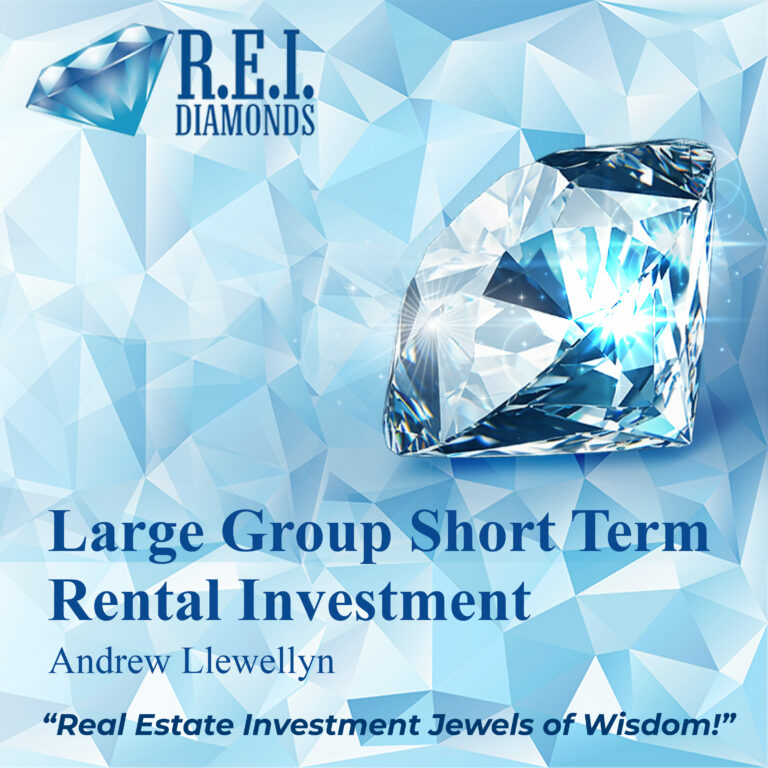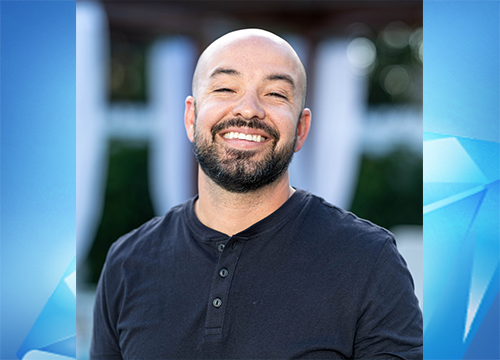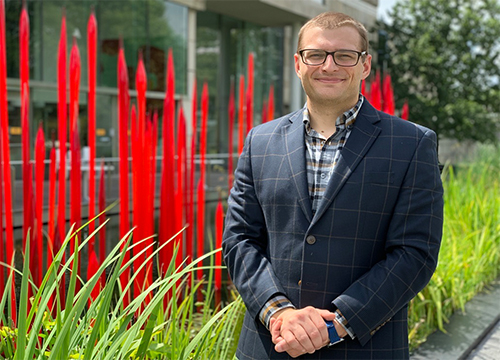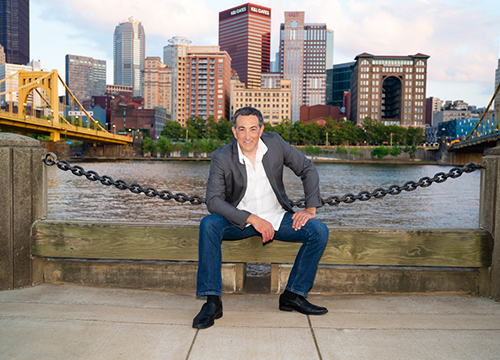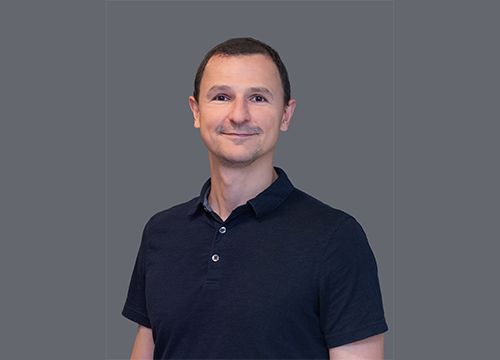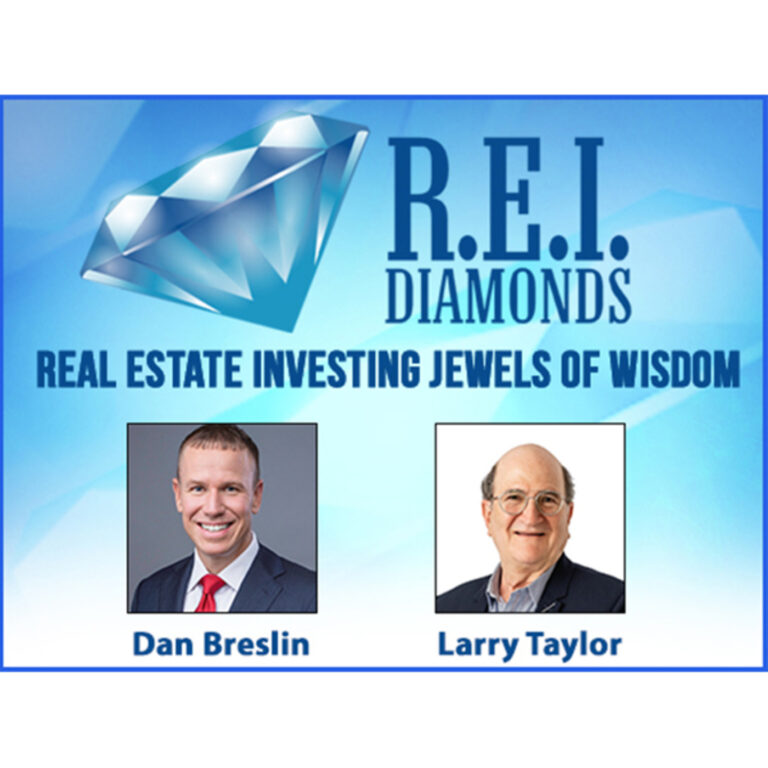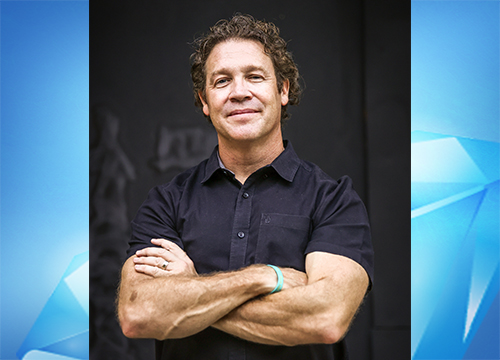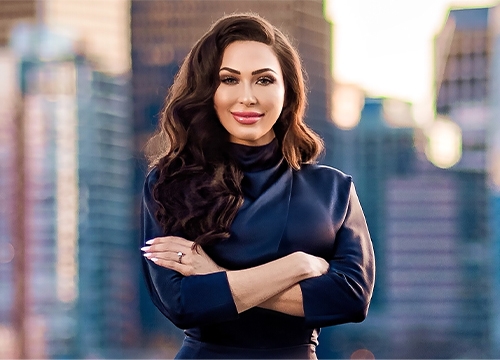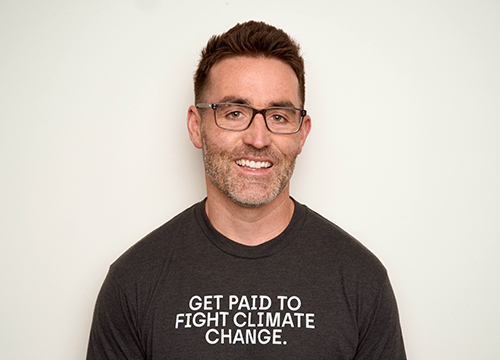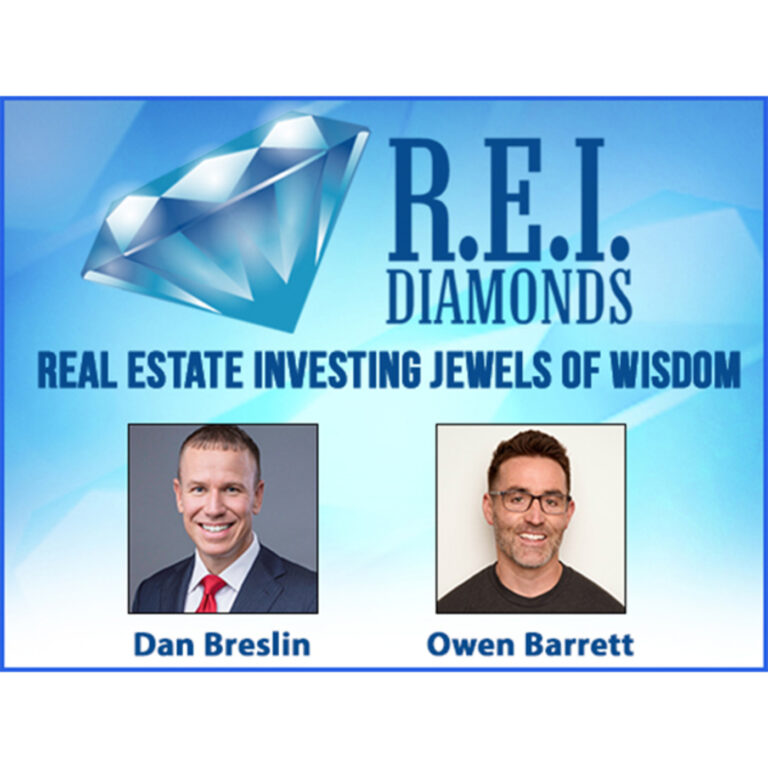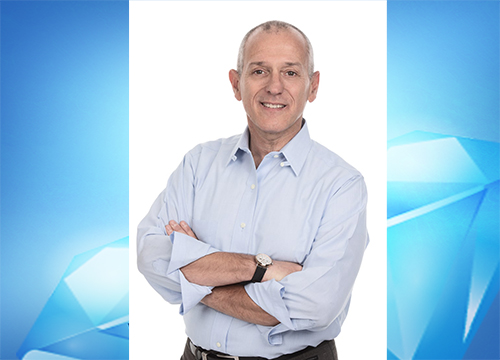
Insights from Crowdfunding Expert Adam Gower
Guest: Adam Gower, a seasoned real estate crowdfunding and syndication expert hailing from Central Coast California, has embarked on an extraordinary journey in real estate finance. His diverse experiences, from dwelling in Beverly Hills to navigating the California Coast’s tumultuous waters, have uniquely sculpted his perspective on real estate investing. Within his captivating background lies an intriguing PhD thesis, delving into the historical intricacies of banks underwriting financing during the 1904-1905 Russo-Japanese war. Adam’s profound knowledge of financial history and its practical application to real estate investment is genuinely enlightening.
Big Idea: In this episode, Adam Gower, a real estate crowdfunding and syndication expert, discusses the evolving landscape of real estate financing, emphasizing the importance of risk management, adapting to changing market dynamics, and leveraging syndication and crowdfunding opportunities for real estate investors.
Dan: That’s right. So, Adam, we’re going to get into GowerCrowd, Crowdfunding as our main topic. But before we do it, I thought a cool place to start would be where we are talking about right before we hit record. You have this PhD in an interesting topic. Would you mind briefly describing that?
Adam: Sure. I wrote a thesis that examined how banks underwrote their financing of Japan during the 1904 and 1905 Russo-Japanese war. Oh my goodness, how obscure could that be? What I found interesting about it, why I ended up writing this thing was that when you look at, it’s called the historiography, when you look at how people have reported this particular period in American banking history. The way they reported it was that Kuhn Loeb was headed up by – oh they complete it with JP Morgan. And this was in the day of the railroad barons and the robber barons, they were called. And Jacob Schiff and Kuhn Loeb, and JP Morgan, all these guys, they were all part of that party. The historiography says that Kuhn Loeb took really huge unnecessary risks, and I just didn’t believe it.
When I got the idea to write this PhD, I was working for East West Bank. I was brought in during the global financial crisis, so 2007-2008. I just thought, no, banks don’t take risks like that. They don’t just randomly invest because, whatever, some kind of wacky political points of view, which is what everybody said Kuhn Loeb had done. So, I decided to dive into it. And so, what I did was, it was really cool actually, Dan, seriously, I mean, I was able to access all the telegrams that went back… It was a syndicate of banks, the finance Japan. I look to handwritten letters, telegrams that went back and forth, and contracts. They were all handwritten in those days. It was really, really cool. I read all of this stuff that they never anticipated. They never thought anyone will ever read this. I got into all of this stuff. I figured these guys, they were really, really diligent on not only underwriting the risk but making sure, a couple things, one, they made absolutely sure that their investors were going to get their money back. Even if whether Japan won or lost. If you read between the lines here, you can see how this applies to real estate investing. But they were very, very sure that their investors would get their money back because they had guarantees from the Japanese government. And number two, even more importantly, as bankers, and I”ll extend this to real estate sponsors today, they were also extremely careful in the way they structured their deals that they made money, didn’t really matter if anybody else did at the end of the day.
This Episode of The REI Diamonds Show is Sponsored by the Deal Machine. This Software Enables Real Estate Investors to Develop a Reliable & Low Cost Source of Off Market Deals. For a Limited Time, You Get Free Access at http://REIDealMachine.com/
This Episode is Also Sponsored by the Lending Home. Lending Home Offers Reliable & Low Cost Fix & Flip Loans with Interest Rates as Low as 9.25%. Buy & Hold Loans Offered Even Lower. Get a FREE IPad when you Close Your First Deal by Registering Now at http://REILineOfCredit.com
Resources mentioned in this episode:
For Access to Real Estate Deals You Can Buy & Sell for Profit:
https://AccessOffMarketDeals.com/podcast/
Adam Gower & I Discuss Crowdfunding:
- Market Migration Trends: Exploring the migration of people from California to Florida and its potential impact on the real estate market.
- Risk Management: Drawing lessons from historical financial practices to highlight the crucial role of risk management in modern real estate investing.
- Changing Real Estate Dynamics: Understanding the impact of fluctuating interest rates, insurance costs, taxes, and other factors on real estate investments.
- Principal-Agent Conflict: Emphasizing the importance of active management and hands-on involvement in real estate deals to maximize returns.
- Syndication and Crowdfunding: Exploring the legal aspects and online visibility needed to attract investors through crowdfunding and syndication, along with strategies for scaling real estate businesses.
Relevant Episodes: (There are 231 Content Packed Interviews in Total)
- How to Make $300K/Year Investing in Mobile Homes with No Money Down
- Kevin Bupp on Mobile Home Park Investing
- 10 Years Ago Today-The Birth of D.E.I.
- Jefferson Lilly on Mobile Home Park Investing
The transcript of this episode can be found here.
Transcripts of all episodes can be found here.

